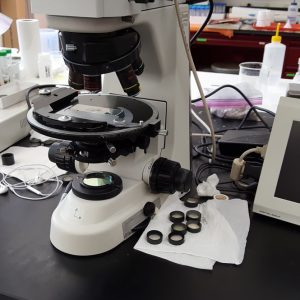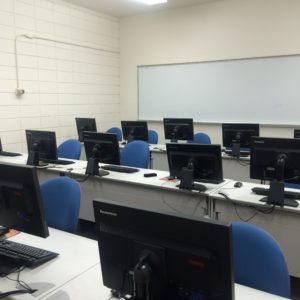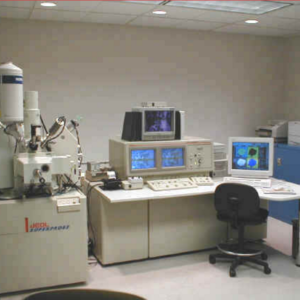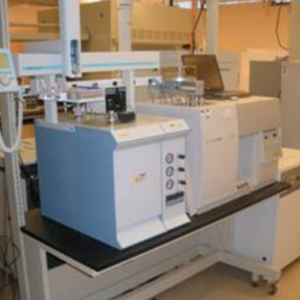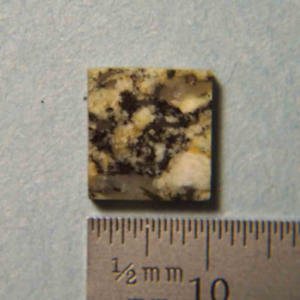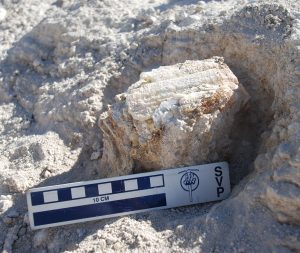Facilities
-
CLAGR – Cryptotephra Laboratory for Archaeological and Geological Research
CLAGR houses the equipment required to process and analyze extremely low abundance cryptotephra from sediments to provide precise dates for archaeological and geological events.Read more -
Computer lab
The UNLV Geoscience Computer Lab is located in the Technology Building, Rooms 112 & 113.
Read more -
EMIL – Electron Microanalysis and Imaging Laboratory
EMiL is an analytical laboratory dedicated to the solution of problems using electron micro-beam techniques for clients in industry, government agencies, and academia
Read more -
LVIS – Stable isotope lab
The Las Vegas Isotope Science Laboratory (LVIS) is equipped with a state-of-the-art light stable isotope ratio mass spectrometer (IRMS) and peripheral devices. The lab is located in room 3111 of the 208,000 ft2 Science and Engineering Building on the UNLV Campus that was completed in 2009.
Read more -
NIGL – Nevada Isotope Geochronology Lab
The Nevada Isotope Geochronology Laboratory houses two rare gas mass spectrometers, a MAP215-50 and Nuclide 4.5-60-RSS. The MAP 215-50, its extraction line, and auxiliary equipment are computer automated using LABVIEW software, initially developed by Bruce Idleman at Lehigh University.
Read more -
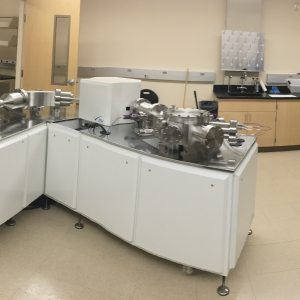
NPFl – Nevada Plasma Facility Lab
NPFL hosts a ThermoFisher ScientificTM iCAP Q Inductively Coupled Plasma Mass Spectrometer (ICP-MS). The wet chemistry lab is equipped with a Milli-Q® Integral Water Purification System, and a Savillex DST-1000 Acid Purification System. In Spring 2021, we have received and installed a ESI 193 nm Excimer NWR193 laser ablation system, which is coupled to the existing iCAPTM Qc ICP-MS. We have also received a Sapphire Multi-Collector Inductively Coupled Plasma Mass Spectrometry (MC-ICP-MS).
-
List of Geoscience Facilities
The Department of Geoscience, UNLV, with 24 faculty, and 3 staff including 2 student workers offers undergraduate and graduate degrees (both MS and Ph.D.) and specializes in a variety of geoscience fields. Most faculty research is funded by grants from NSF, NASA, and DOE and other state and local sources.
Read more
